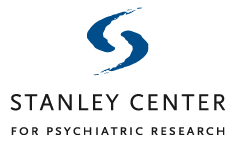|
2016 Annual Meeting SAN DIEGO, CA, USA Meeting Highlights
Download the meeting report for the 2016 INS Annual Meeting.
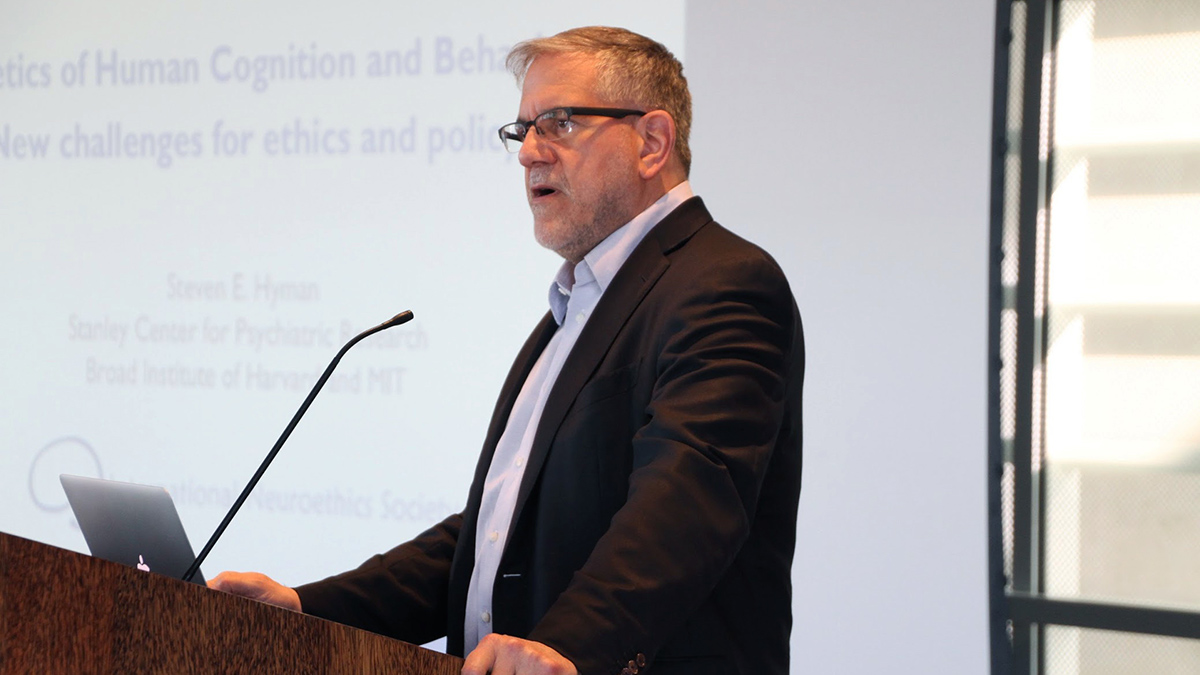 Emerging Genetics of Human Cognition and Behavior: New Challenges for Ethics and PolicySteve Hyman discussed the insights that researchers are gaining into the genetic and molecular mechanisms underlying psychiatric disorders. While praising the ability of this knowledge to bring about effective treatments for cognitive disease, Hyman voiced concern that it could be applied in ethically problematic ways outside the therapeutic context.
International Ambassador SessionWe initiated the INS International Ambassador Program with a two-hour session dedicated to international neuroethics.  Meet Tomorrow's World: A Meeting on the Ethics of Emerging Technologies SummaryTechnology is rapidly reshaping the world we live in. In the past few decades, mankind has not significantly changed biologically but human societies have undergone continuous and unprecedented developments through technological innovation. Today, most human activities—from messaging to geolocation, from financial transactions to medical therapies—are computer-mediated.
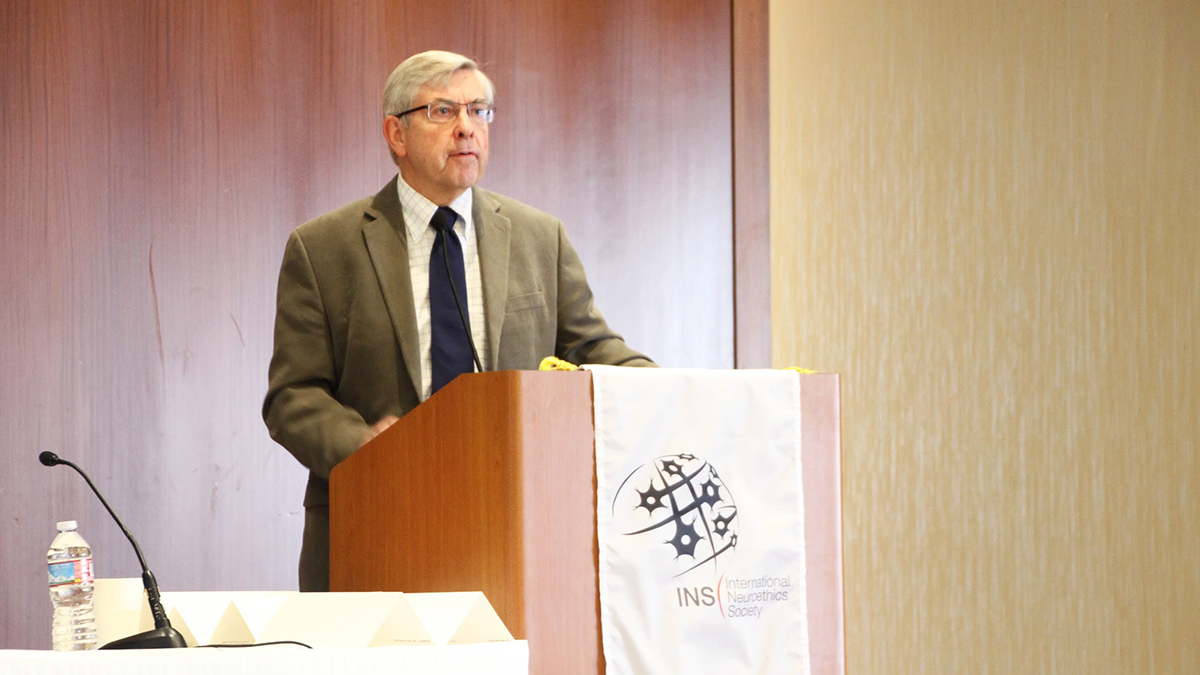 Ethics of the BRAIN InitiativeIn recent years, Europe, the USA and Japan have launched large-scale initiatives aimed to advance our understanding of the brain. Other countries, including China and South Korea, have announced plans to launch their own projects. Walter Koroshetz, Director of the National Institute for Neurological Disorders and Stroke discussed ethical issues raised by these projects. 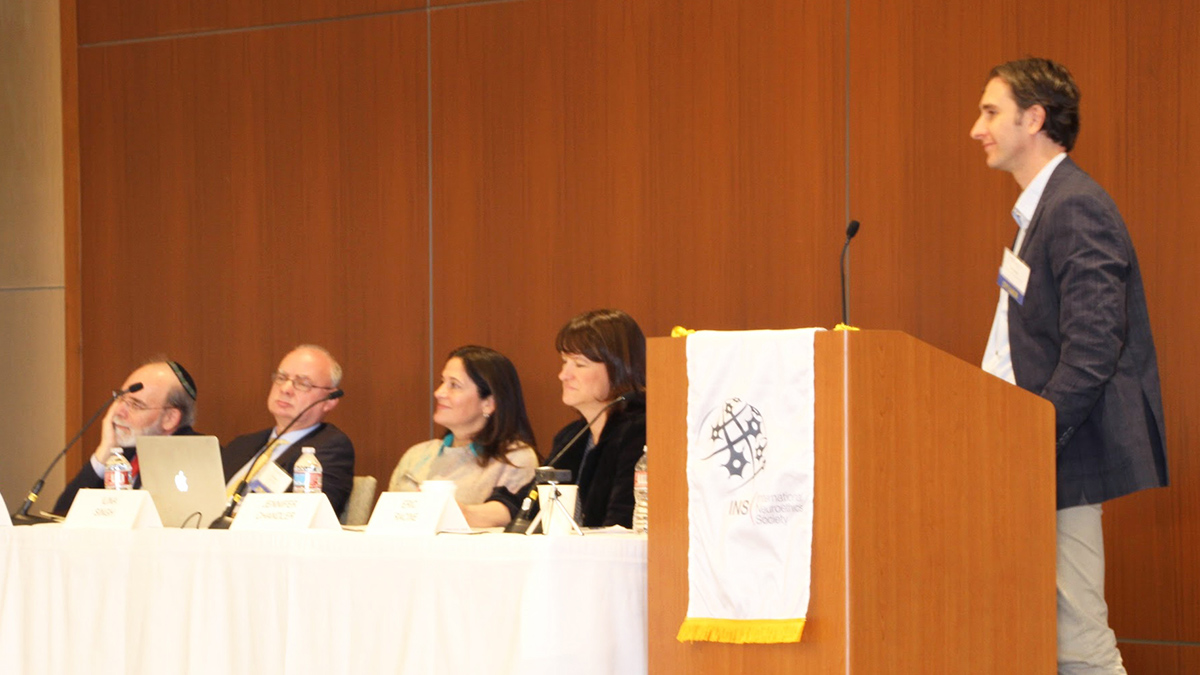 The Competing Identities of NeuroethicsThis panel session raised the question of whether or not neuroethics is an image of its creators, bringing different perspectives, methods and ways of practicing. On the one hand there is the scientific image (biological sciences) of neuroethics, while on the other hand the manifest image (the humanities and social sciences).
Flash TalksA series of three minute talks each described the speaker’s research presented as a poster at the Annual Meeting. 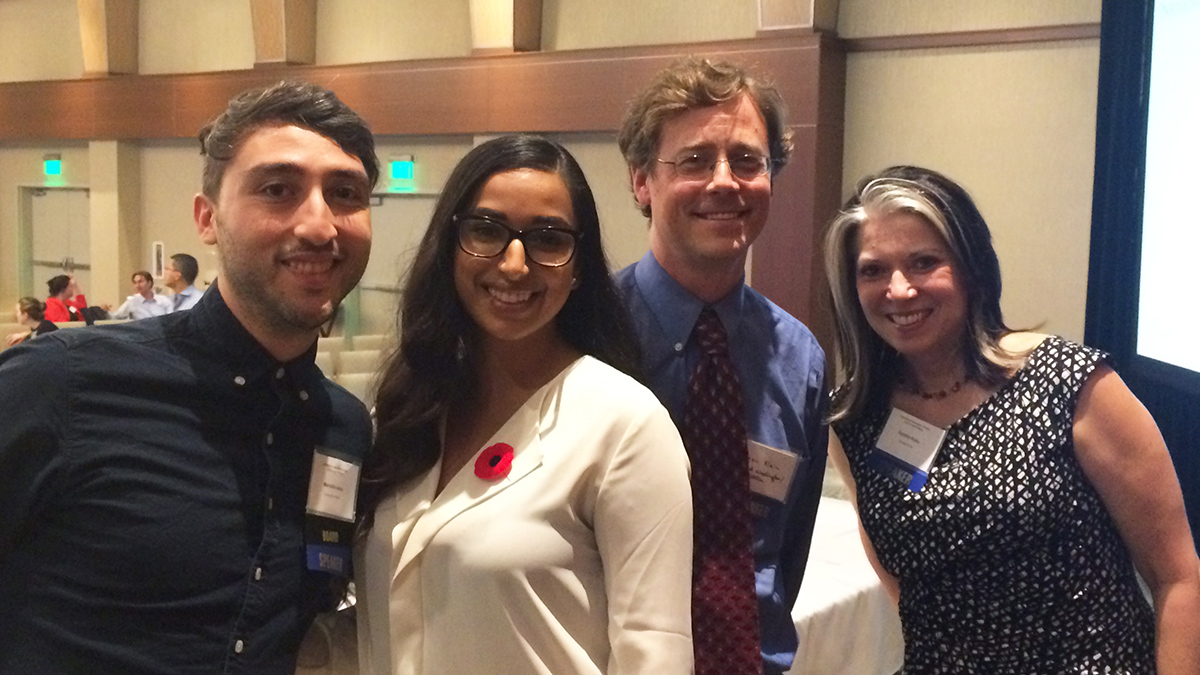 Oral Abstract Presentations SessionThe Oral Abstract Presentations was expertly moderated by Veljko Dubljevic and featured four authors of selected abstracts. With each speaker allotted only fifteen minutes, the session was fast-paced and dynamic and highlighted both emergent issues and scholars in the field of neuroethics. 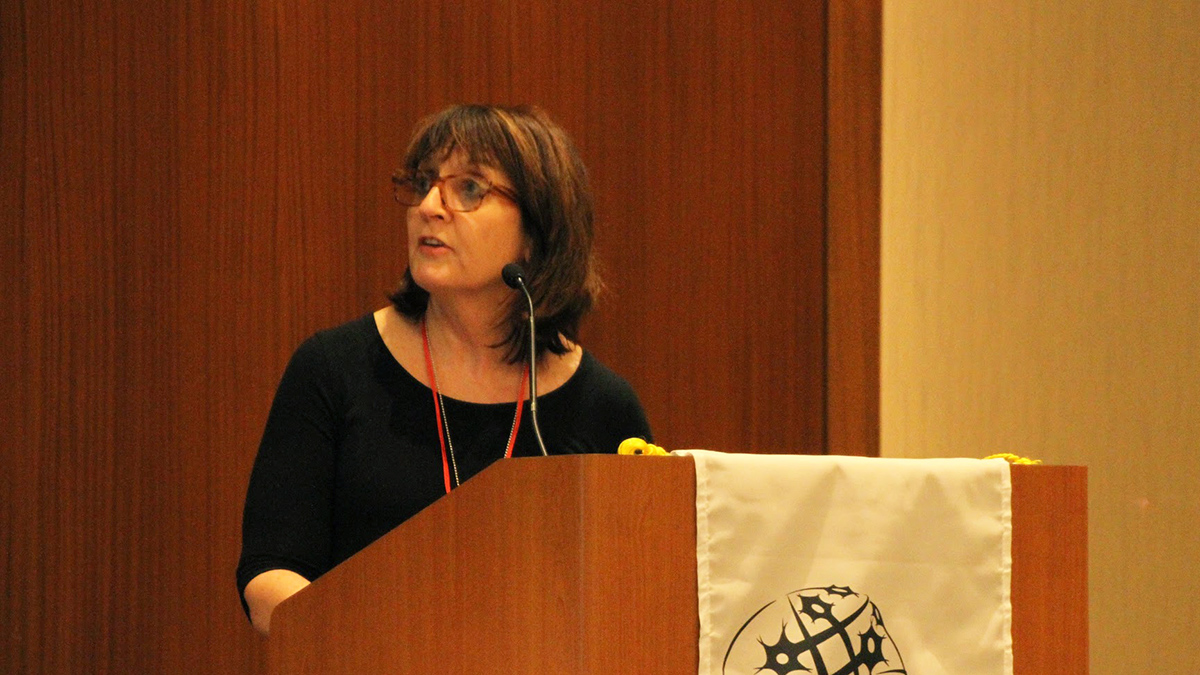 Deconstructing Therapeutic Neurotechnology 'Narratives': A Case Study of DBS for DepressionsThe panel on therapeutic neurotechnology featured a discussion on the ethics of narrative dispersal that shape patient care. Speakers highlighted experiences that enhanced or impeded the practice of introducing novel neurotechnologies. There was general agreement that patient therapy and technology implementation were optimized when narratives reflected data and were sensitive to patient perceptions.
PhotosPhotos of proceedings from the meeting are provided by Gillian Hue, Emory University.
SponsorsThe International Neuroethics Society thanks the following institutions and individuals for their generous contributions. General Support: Stipends / Prizes: Anonymous Donor Michael Patterson    2016 Program CommitteeCO-CHAIRS  Joseph J. FinsWeill Cornell Medical College  Molly CrockettUniversity of Oxford Dr Molly Crockett is Associate Professor of Experimental Psychology, Fellow of Jesus College, and Distinguished Research Fellow at the Oxford Centre for Neuroethics, University of Oxford. She holds a PhD in Experimental Psychology from the University of Cambridge and BSc in Neuroscience from UCLA. Prior to joining Oxford, Dr Crockett worked with economists and neuroscientists at the University of Zürich and University College London, studying human decision-making with the support of a Sir Henry Wellcome Postdoctoral Fellowship. EARLY CAREER SCHOLAR CO-CHAIR  Rachel WurzmanUniversity of Pennsylvania Rachel Wurzman is a Postdoctoral Research Fellow in the Laboratory for Cognition and Neural Stimulation, where she uses non-invasive brain stimulation and neuroimaging techniques with to investigate markers of brain plasticity that may predict functional recovery and facilitate neurorehabilitation in stroke patients. She is also a Fellow in the Center for Neuroscience and Society at the University of Pennsylvania, where she studies ethical, legal, and social issues pertaining to noninvasive brain stimulation, and leads a working group on the same. Wurzman previously studied the developmental neurobiology of neuropsychiatric disorders in the Interdisciplinary Program in Neuroscience at Georgetown University Medical Center, where she was awarded a PhD in Neuroscience in 2014. During her time at Georgetown, she was the founding Vice President of the Georgetown University Graduate Neuroethics Society and a researcher with the Neuroethics Studies Program of the Pellegrino Center for Clinical Bioethics, where she was the studied a variety of topics including neuroethical issues in diagnosing and treating neuropsychiatric spectrum disorders, neuroscience fiction and neuroethical obligations in the representation of brain science, and neuroethical issues arising from the use of neuroscience and neurotechnology in national security and defense. Wurzman was formerly a Neuroscience Scholar Program Fellow with the Society for Neuroscience, an intern with the Science Division of the Office of Science and Technology Policy (OSTP) in the Executive Office of the President of the United States, a recipient of the Ruth L. Kirschstein National Research Service Award for Individual Predoctoral Fellowships from the National Institutes of Health, and is a Smith College alumna. COMMITTEE MEMBERS 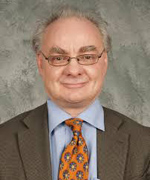 Tom BullerIllinois State University Tom Buller is Professor and Chair of the Department of Philosophy at Illinois State University. His main teaching and research interests are in neuroethics and the philosophy of mind  Veljko DubljevicNorth Carolina State University Veljko Dubljevic Ph.D.,D.Phil., is an Assistant Professor of Philosophy and affiliate of the Science, Technology and Society program at North Carolina State University. Before arriving in Raleigh, he spent three years as a postdoctoral fellow at the Neuroethics Research Unit at IRCM and McGill University in Montreal, Canada. He studied philosophy (University of Novi Sad) and economics (Educons University), and obtained a PhD in political science (University of Belgrade). After that he joined the Research Training Group “Bioethics” at University of Tuebingen, and after studying philosophy, bioethics, and neuroscience, he obtained a doctorate in philosophy (University of Stuttgart). Veljko’s research focuses on ethics of neuroscience and technology, and neuroscience of ethics. He has over 40 publications in moral, legal and political philosophy and in neuroethics. He co-edited a volume at Oxford University Press (together with Fabrice Jotterand): Cognitive Enhancement: Ethical and Policy Implications in International Perspectives, and is working on his monograph Neuroethics and Justice: Public Reason in the Cognitive Enhancement Debate, (in Book Series “The International Library of Ethics, Law and Technology,” under contract with Springer). He also serves as the inaugural managing editor and co-editor for the book series “Advances in Neuroethics” (under contract with Springer)  Judy IllesUniversity of British Columbia Dr. Judy Illes is Professor of Neurology and Canada Research Chair in Neuroethics at the University of British Columbia. She is Director of the National Core for Neuroethics at UBC, and faculty in the Brain Research Centre and the Vancouver Coastal Health Research Institute. As a pioneer and eminent scholar in the field of Neuroethics, she has made ground-making contributions to ethical, social, and policy challenges at the intersection of biomedical ethics and neuroscience, including advances in stem cells, neuroimaging, neuroscience and the law, and the commercialization of health care.  Helen MaybergEmory University School of Medicine Helen Mayberg, MD is Professor of Psychiatry, Neurology, and Radiology and the Dorothy Fuqua Chair in Psychiatric Imaging and Therapeutics at Emory University. Her research has characterized neural systems mediating major depression and its recovery, defined brain-based illness subtypes to optimize treatment selection, and introduced the first use of deep brain stimulation for treatment resistant patients. She is a member of the National Academy of Medicine and is an active participant in a variety of advisory, editorial and scientific activities across multiple fields in the neurosciences.  Karen S. RommelfangerEmory University Dr. Karen S. Rommelfanger is an Assistant Professor in the Departments of Neurology and Psychiatry and Behavioral Sciences, the Neuroethics Program Director at Emory University’s Center for Ethics, and Neuroscience Editor-in-Residence at the American Journal of Bioethics Neuroscience. She also serves on the NIH BRAIN Initiative’s Neuroethics Workgroup. Her research explores how evolving neuroscience and neurotechnologies challenge societal definitions of disease and medicine. A key part of her work is fostering communication across multiple stakeholders in neuroscience. As such she edits the largest international online neuroethics discussion forum The Neuroethics Blog and she is a frequent contributor and commentator in popular media such as The New York Times, USA Today and The Huffington Post. She also founded NEW (NeuroEthicsWomen) Leaders, an organization that aims to cultivate professional development and scholarly networks for women and under-represented groups in neuroethics. |



